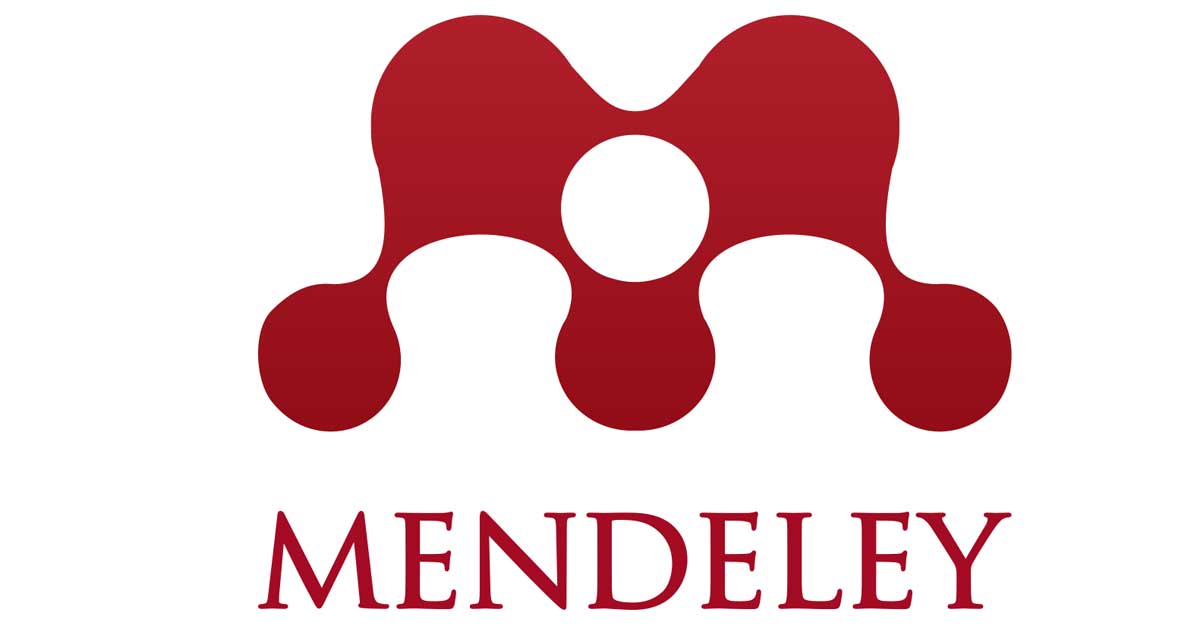Implementation Strategies of Halal Management Systems in the Food and Beverage Industry in Indonesia
DOI:
https://doi.org/10.53491/papua.v1i2.1439Keywords:
Halal Management System, Food Industry, ComplianceAbstract
The halal industry has emerged as a crucial sector in Indonesia, the country with the largest Muslim population in the world. With increasing global demand for halal-certified products, especially in the food and beverage sector, implementing a robust Halal Management System (HMS) has become essential for businesses aiming to meet consumer expectations and comply with national and international standards. This study explores the strategies for implementing HMS within Indonesia's food and beverage industry, focusing on challenges, opportunities, and best practices. Despite the growing awareness of halal compliance, many companies face difficulties in understanding and integrating halal standards into their operations. These challenges include insufficient knowledge, lack of skilled personnel, and complex certification processes. Moreover, companies often struggle to align their supply chain practices with halal requirements, ensuring the traceability and integrity of raw materials. However, implementing a structured HMS can enhance product quality, strengthen consumer trust, and expand market reach domestically and internationally. This study will analyze key strategies such as workforce training, technological integration for supply chain transparency, and collaboration with certification bodies to streamline compliance. By addressing these aspects, the research aims to provide actionable insights for businesses and policymakers to promote sustainable growth in Indonesia's halal food and beverage industry.
Downloads
References
Abdullah, Y., Rusydiana, A. S., & Mahsyar, N. M. (2024). Halal Food Industry Development Strategies. Halal Food Studies, 1(1). https://doi.org/10.58968/hfs.v1i1.446
Barri, A., Hadiat, H., Al-Hakim, S., & Hakim, A. A. (2024). The Effectiveness of Islamic Economic Law in The Application of the Halal Value Chain (HVC) Ecosystem in the Halal Food and Beverage Industry in Indonesia. Pena Justisia: Media Komunikasi Dan Kajian Hukum, 23(1), 83. https://doi.org/10.31941/pj.v23i1.2931
Bawono, A., Waluyo, A., & Widiyanto, A. (2024). Strategies to Inelasticize the Halal Food Industry in Indonesia. OIKONOMIKA : Jurnal Kajian Ekonomi Dan Keuangan Syariah, 5(1), 80–100. https://doi.org/10.53491/oikonomika.v5i1.1194
Geminarqi, E. R., & Purnomo, H. (2023). Improving Operational Management Efficiency in the Food and Beverage Industry: A Systematic Literature Review. Open Access Indonesia Journal of Social Sciences, 6(5), 1143–1149. https://doi.org/10.37275/oaijss.v6i5.184
Haque, M. G. (2024). Implementation of Competitive Adaptation and Resilience Strategies Post Covid-19 Pandemic in Halal Food SMEs. Airlangga Journal of Innovation Management, 5(1), 33–47. https://doi.org/10.20473/ajim.v5i1.55966
Leny Suzan, & Ramadhanti, A. (2022). Business Strategy, Asset Management, Capital Structure and Financial Performance of Food and Beverage Industry in Indonesia. Proceedings of the International Conference on Industrial Engineering and Operations Management, 2415–2424. https://doi.org/10.46254/eu05.20220466
Nasution, A. M., H, F. P., & Khairoh, Y. (2021). Porter’s Generic Strategies on Food and Beverage Industry in Indonesia during COVID-19 Pandemic: Cases study approach. Proceedings of the International Conference on Industrial Engineering and Operations Management. https://doi.org/10.46254/eu04.20210446
Noroozi, E., & Taherian, A. R. (2023). Occupational Injury and Its Management in Food and Beverage Industry. Occupational Health and Safety in the Food and Beverage Industry, 165–202. https://doi.org/10.1201/9781003303152-6
Rohman, M. A. F., & Saefudin. (2024). Determinant Factors in Stock Returns of Food and Beverage Industry Companies in Indonesia. Journal of Management Studies and Development, 3(1), 42–55. https://doi.org/10.56741/jmsd.v3i01.448
Rusydiana, A. S. (2024). How to Develop Halal Industry in Indonesia. Halal Food Studies, 1(1). https://doi.org/10.58968/hfs.v1i1.450
Utami, F. B., Lestari, M., Gumilar, Y., Marohom, J. B., & Viña, N. G. Dela. (2023). Implementation of Halal Practices in Providing Supplementary Food in Kindergartens, Indonesia. Journal of Halal Science, Industry, and Business, 1(2), 33–42. https://doi.org/10.31098/jhasib.v1i2.1962
Yit, M., & Bangun, Y. (2020). Employee Empowerment in the Decision-Making Process: Evidence from the Food and Beverage Industry in Indonesia. Jurnal Manajemen Teknologi, 19(1), 80–99. https://doi.org/10.12695/jmt.2020.19.1.5
Downloads
Published
How to Cite
Issue
Section
License
Copyright (c) 2024 Heri Kuncoro Putro

This work is licensed under a Creative Commons Attribution-NonCommercial-ShareAlike 4.0 International License.












